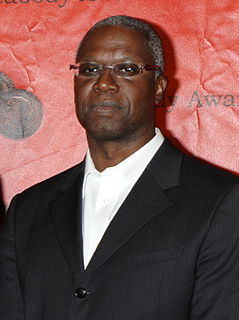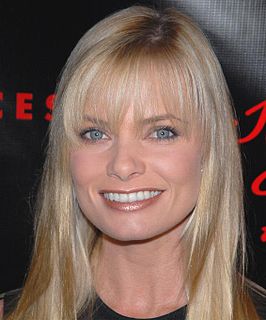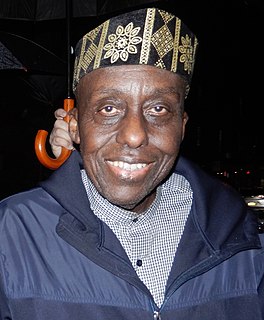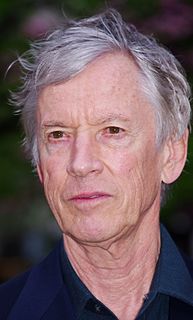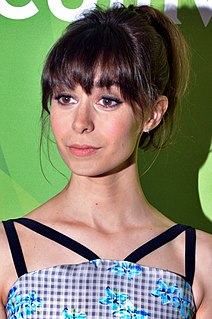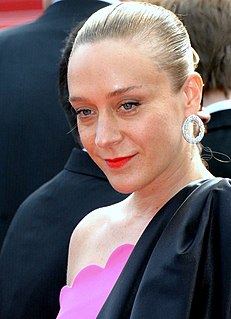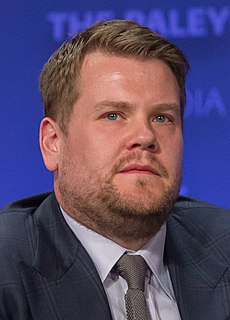A Quote by Andre Braugher
Often times people complain about the lack of time in television, but I have to say, you don't have any more time to film in feature films then you do in television. It's just a question of how many scenes you'll be doing in the course of a day.
Related Quotes
I think I entered the market around the time when there was getting to be less snobbery about the difference between feature films and television. I think there's been a lot more receptivity on television to interesting adult stories that in the '60s and '70s would have been made into feature films. I have no problem jumping back and forth. If anything, I find it less restrictive working in television.
Film and television are very different. On the TV show, we do seven or eight scenes a day, so time and money are of the essence, and we have zero room for creativity because you've got to do each scene in only five takes. Whereas, on a film, you have an entire day to film one scene, so you have so much time to choose how you want to fill in a scene.
Television is making, there was in independent film renaissance late '80s through the mid-90's. It was an amazing time. Television is doing that right now. So that's why everybody wants to do it. I mean if you're writing stuff like, you know, Fargo, or True Detective, or any of these things that are on, Breaking Bad, there are no rules in television.
It's interesting to me because theater is, on any given day, 10,000 times harder than film and television. And that's not to say film or television can't be hard or challenging; it's emotional to do the same thing over and over and over. But in terms of stamina, there is nothing like an eight-show week to separate the men from the boys.
Television in the 1960s & 70s had just as much dross and the programmes were a lot more tediously patronising than they are now. Memory truncates occasional gems into a glittering skein of brilliance. More television, more channels means more good television and, of course, more bad. The same equation applies to publishing, film and, I expect, sumo wrestling.
Television's getting better because people are investing more money and time and respect into it. But the secret weapon of television is that, because it's a slow burn, you get to meditate on things and develop them. As opposed to film, where you have an allotted amount of time and hopefully you can wrap it up in there.
It makes sense that it's so different from film and television, because it's so in-depth. As actors, when we're in film or television, we can have transcendent moments and we get to work with really creative and incredible people, but it's such a small percentage of your time that's about your process.
I'd love to have written a film and it to be regarded as good. I'd just like to be doing things that are good, really. I think that's all you can aim for. I find it odd when actors say they just want to do films or plays or television. A lot of films aren't very good; a lot of television isn't very good; a lot of plays aren't very good.
